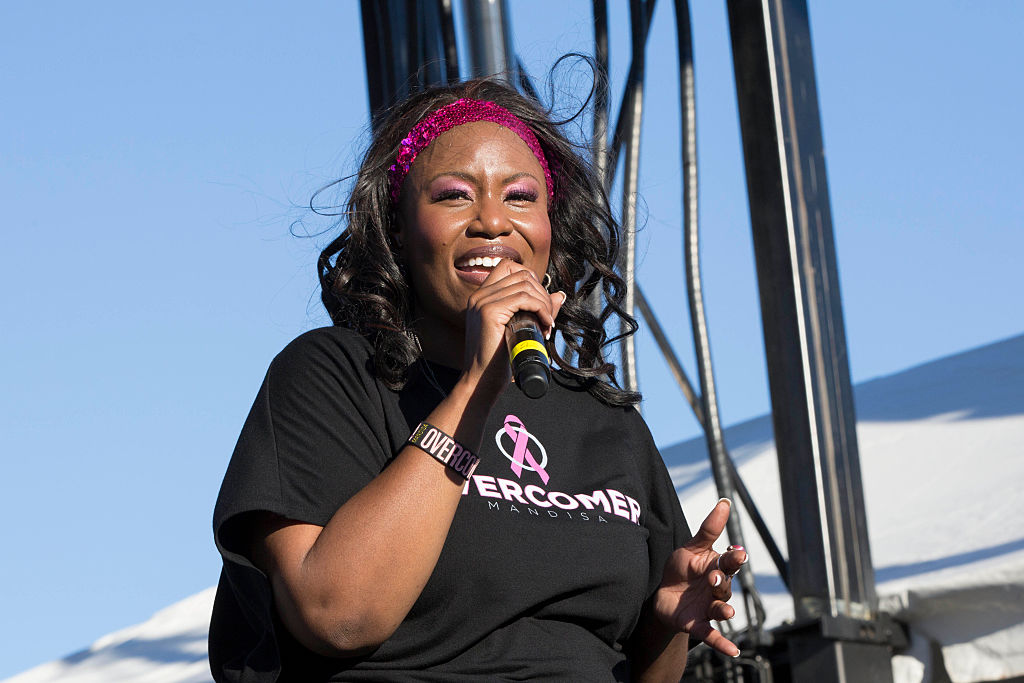“Fibroids affect the quality of your life,” said N. Edward Dourron, a reproductive endocrinologist at Hoag Memorial Hospital Presbyterian in Newport Beach, Calif. The survey results mirror what he sees and hears in real life, he said.
It’s no surprise that women often see more than one doctor, said Dr. William Parker, a gynecologist at the University of California Los Angeles Medical Center, Santa Monica. “Patients get told they need a hysterectomy, and they see another doctor,” he said. “And they see another doctor.”
The exact cause of fibroids is unknown, Stewart said. Multiple hormonal and genetic factors are believed to play a role.
Doctors disagree about the best treatments for fibroids.
“I believe treatment needs to be individualized,” Stewart said. Women need to assess where they are in their reproductive lifespan. “Most women get some shrinkage [of their fibroids] at menopause,” she said.
If waiting isn’t an option, treatment choices include medications such as birth control pills, surgery to remove just the fibroids or hysterectomy.
Ablation, a technique that destroys the lining of the uterus, and embolization, which cuts off blood flow to the fibroid to make it shrink, are also options. Focused ultrasound, which uses ultrasound waves to destroy the fibroids, is yet another treatment.
According to Parker, “ultrasound is the least invasive approach, but it has the least amount of data.” It was approved by the U.S. Food and Drug Administration in 2004.
Information on the long-term safety of focused ultrasound, including pregnancy after the ultrasound treatment, is still being collected, Stewart said
How Fibroids Affect Black Women Today was originally published on blackdoctor.org

















